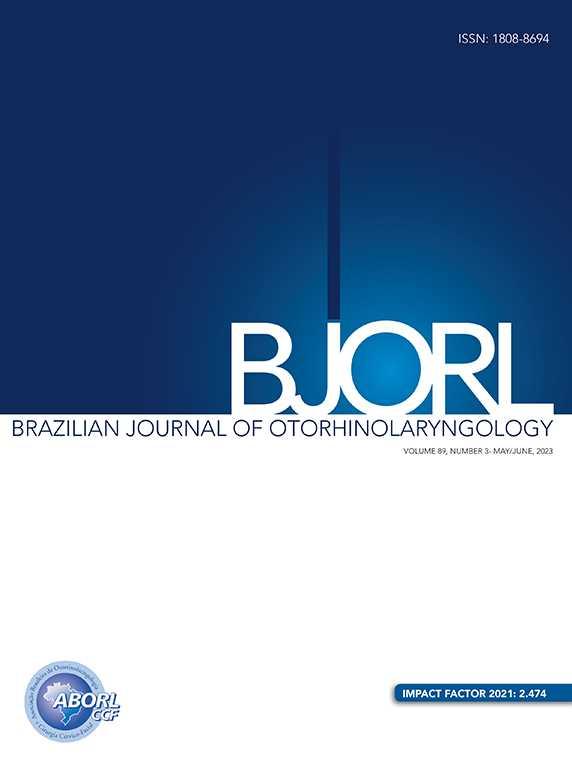There is only one sector in Brazil in which the public sector invests less than the private sector: healthcare. We are still very far from an investment of 9% to 10% of the gross domestic product (GDP) in health care, as occurs in countries such as Canada and the United Kingdom.
I make this preface to address a thorny issue for our profession: the “More Doctors” program of the Brazilian Federal Government, which approved the activities of foreign colleagues in Brazil, without the obligation to undertake and pass the revalidation exam. And that, to make matters worse, the program withdrew the rights of medical councils to grant professional registration to foreign physicians.
It is therefore a harmful deception, not only to physicians, treated as the villains of the national public healthcare, but also to patients, since the professionals who enrolled in the “More Doctors” program are mostly underpaid Cubans, who are not familiar with the local language and with many of the practices of modern medicine.
Brazilian doctors do not accept working in remote locations because basic infrastructure is lacking, sometimes even basic laboratory tests. In hundreds of cities, there are no hospitals, CT scanners, ultrasound machines, or simple X-ray equipment. Physicians would have to work in these locations as pilots without instruments, flying blind.
In most parts of Brazil, incidentally, there is no basic sanitation, proper collection and storage of waste, or clean water.
Such achievements of civilization that are crucial for health.
Additionally, a public career was never created for doctors as for other professions, a longstanding goal of the class, which could indeed change the current shortage of professionals in remote locations.
Unfortunately, instead of facing the problem head-on, with planning and investment, to transform this sad reality, the government chose to shift the blame to physicians. It is easier, of course, to transfer responsibilities than to undertake their correction. Thus, we cannot accept that this burden is put upon our shoulders.
To support their false version of reality, as in a house of distorted mirrors, the federal government aims to divide the doctors, following the very old principle of “divide and conquer”. We must therefore unite to defend our profession and reputation. And we must fight for all Brazilians to have access to the very best in global healthcare.
There is no medicine without physicians; medicine is not performed by marginalizing doctors, and basic healthcare is not possible without investment.





